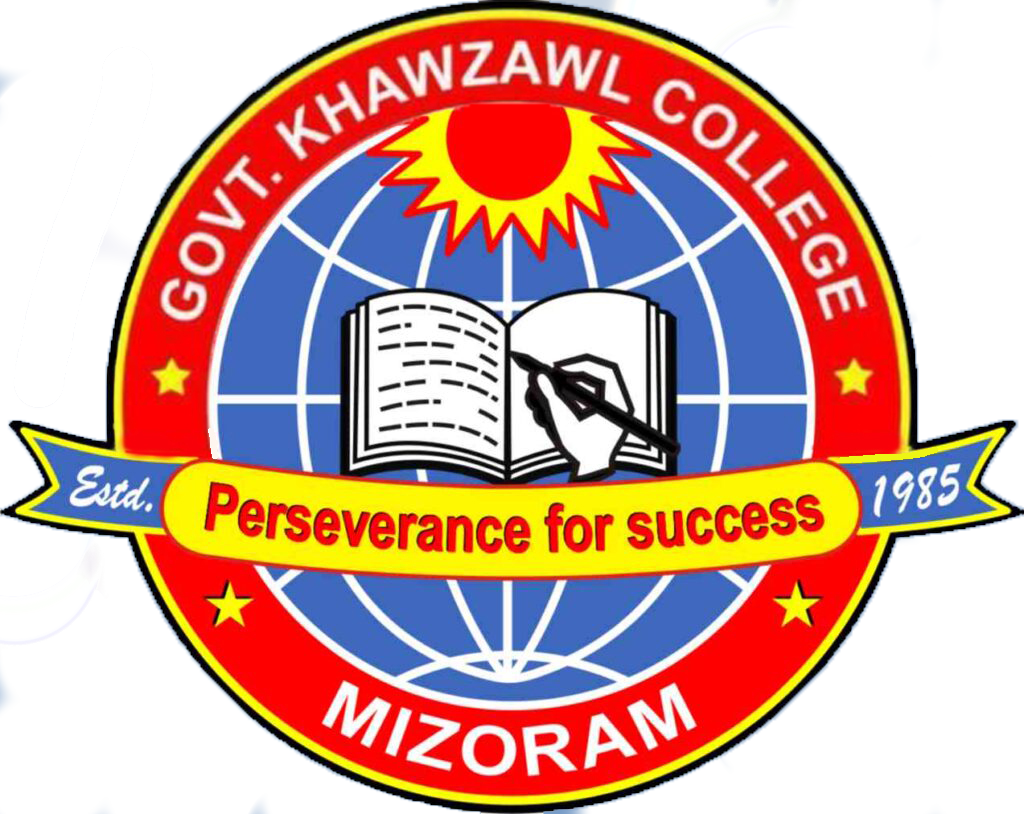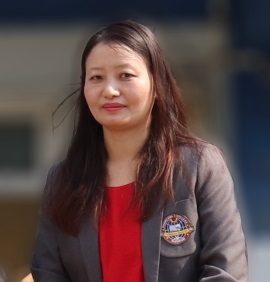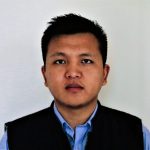Department of Economics
Report on Departmental Development and Staffing
Introduction:
The Department of Economics at Government Khawzaw College has played a vital role in providing quality education in economics since its establishment in 1985. This report outlines the growth and staffing situation of the department over the years.
Historical Overview:
- Foundation: The Department of Economics was established in 1985 with Mr. Lalrintluanga MA (Economics) as the sole private teacher.
- Expansion: In 1996, Mrs. L. Rashini Devi joined the department, marking an expansion in faculty.
- Student Intake: Initially, the department had a modest intake capacity of 10 students. Over time, this capacity has been increased to accommodate 40 students.
Current Status:
- Faculty Composition:
- The department currently operates with 2 regular faculty members and 2 casual faculty members.
- Academic Offerings:
- Despite the faculty shortage, the department continues to offer Undergraduate courses in Economics.
- Smooth Functioning:
- Despite the challenges posed by the shortage of faculty, the department has been able to function smoothly, maintaining its academic standards and delivering quality education to its students.
Future Prospects:
- Staffing Needs:
- It is anticipated that the vacant teaching positions will be filled in the near future, which will strengthen the faculty composition and enhance the department’s capacity to offer a broader range of courses and academic activities.
Conclusion:
The Department of Economics at Government Khawzaw College has demonstrated resilience and dedication in providing quality education despite staffing challenges. With the anticipation of filling vacant teaching positions, the department is poised for further growth and development in fulfilling its academic mission.
The department acknowledges the contributions of its faculty members, administrative staff, and students in maintaining the department’s academic standards and fostering a conducive learning environment.
The Department of Economics at Government Khawzaw College provides a diverse range of courses aimed at equipping students with a comprehensive understanding of economic principles and their applications. Below is a list of courses offered by the department:
- Microeconomics:
- This course examines the behavior of individual economic agents, such as consumers, firms, and markets, focusing on topics like demand and supply, consumer theory, production, and market structures.
- Macroeconomics:
- Macroeconomics analyzes aggregate economic phenomena at the national and global levels, including topics such as national income accounting, economic growth, inflation, unemployment, monetary and fiscal policies, and international trade.
- Indian Economy:
- This course provides an in-depth understanding of the structure, performance, and challenges of the Indian economy, covering areas such as economic reforms, sectoral analysis, demographic trends, and development policies.
- Public Finance:
- Public Finance explores the role of government in the economy, focusing on topics such as taxation, public expenditure, fiscal policy, budgeting, and debt management.
- Agricultural Economics:
- Agricultural Economics examines the economic aspects of agriculture and rural development, including issues related to agricultural production, marketing, pricing, farm management, and agricultural policies.
- Financial Institutions and Markets:
- This course delves into the functioning of financial institutions, such as banks, insurance companies, and stock exchanges, as well as financial markets, instruments, and regulatory frameworks.
- Environmental Economics:
- Environmental Economics explores the economic dimensions of environmental issues, including pollution, natural resource depletion, climate change, sustainability, and policy interventions for environmental conservation.
- International Trade:
- International Trade analyzes the patterns, theories, and policies governing the exchange of goods and services across countries, including topics such as trade theories, trade agreements, trade policies, and globalization.
- Quantitative Techniques – 1 (Mathematical Economics):
- This course introduces mathematical methods and techniques for economic analysis, including calculus, linear algebra, optimization, and their applications in economic modeling and decision-making.
- Quantitative Techniques – 2 (Statistical Techniques):
- Statistical Techniques covers statistical methods and tools used in economic analysis, including probability theory, hypothesis testing, regression analysis, time series analysis, and econometric modelling.
These courses collectively provide students with a solid foundation in economic theory, empirical analysis, and policy evaluation, preparing them for various career paths in academia, government, research, and the private sector.
For any further inquiries regarding course content, scheduling, or enrollment, students are encouraged to contact the Department of Economics faculty or administrative staff.




